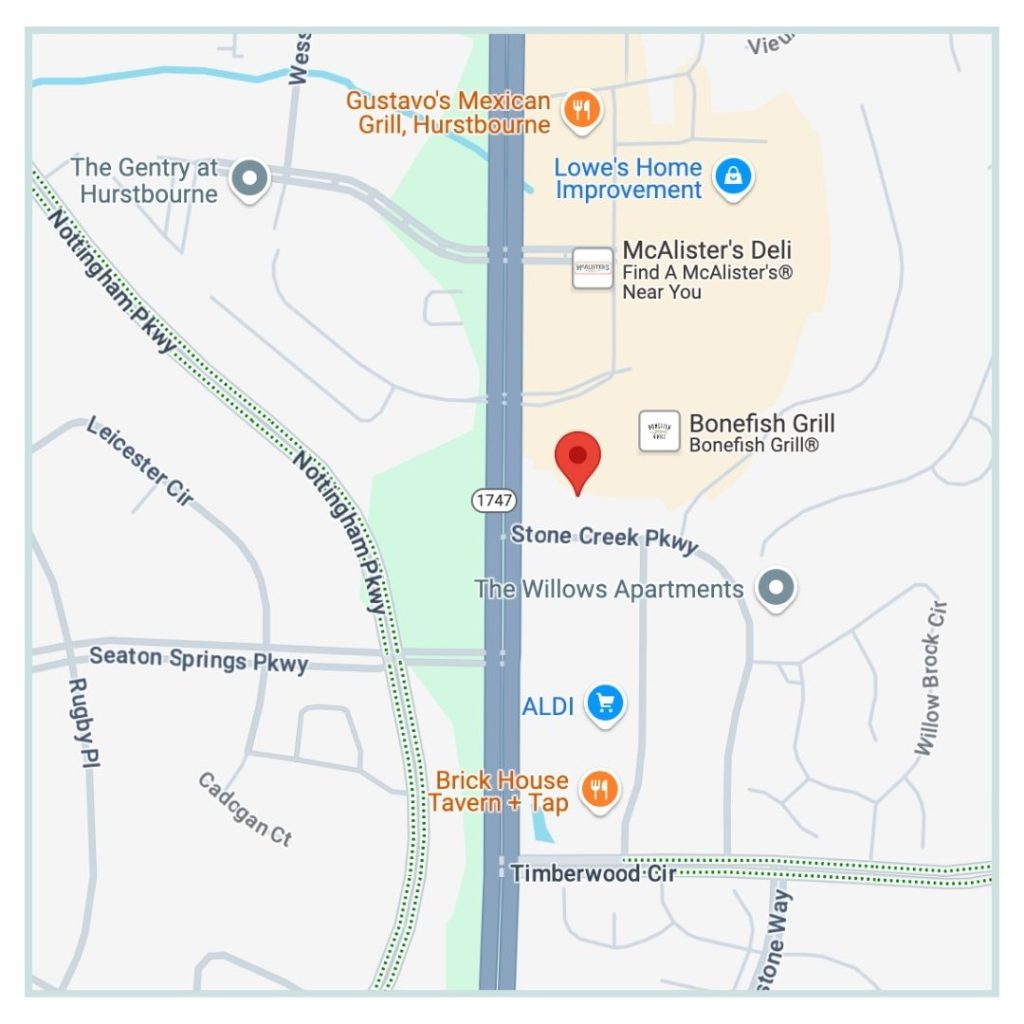Asset Protection
Asset Protection: How Can It Help Me?
You spent your life working, paying taxes, saving money and playing by the rules so you could feel secure as you age and leave an inheritance to your family. Do not let a stint in a nursing home deplete your hard-earned finances. Use asset planning to protect your legacy.
Protecting your assets from the high cost of long-term care is a crucial part of planning for your future. At Kentucky ElderLaw, we help you navigate asset protection strategies to shield your savings and ensure your eligibility for Medicaid when you need it most. Our goal is to safeguard your legacy and provide the peace of mind that your hard-earned assets are protected for your family.
Make Sure That Medicaid Law Is On Your Side
Federal law is meant to protect the income and assets of one spouse when the other goes into a nursing home. Federal law also allows for preservation of some of the assets of single nursing home residents. That being said, many applicants would have to go through a significant “spend-down” of assets without elder law planning.
Medicaid laws can be complex, but they provide powerful protections for individuals who plan ahead. With the right strategies, you can protect your assets from the Medicaid spend-down process and still qualify for care. Our attorneys at Kentucky ElderLaw can help with Medicaid compliant annuities, Medicaid Asset Protection Trusts, and leveraging exempt assets such as your primary residence and personal property.
Learn more about our comprehensive Medicaid planning services.
Medicaid Asset Protection: Tools and Strategies
There are several legal tools and strategies that can help protect your assets from Medicaid estate recovery and the Medicaid spend-down process. Our attorneys will assess your unique situation and create a personalized asset protection plan using the following strategies:
- Medicaid Asset Protection Trusts: These irrevocable trusts allow you to move assets out of your name, ensuring that they are not counted toward Medicaid eligibility.
- Gifting Strategies: Carefully planned gifting within Medicaid’s five-year look-back period can help protect assets without triggering penalties.
- Medicaid Compliant Annuities: These annuities convert a lump sum of assets into an income stream that won’t disqualify you from Medicaid eligibility.
- Caregiver Agreements: By creating a formal agreement with a family member for caregiving services, you can protect funds legally while compensating a caregiver.
Each of these tools is designed to protect your financial future and qualify you for Medicaid without draining your resources. Find out how Medicaid estate recovery works and how to protect your assets.
What Assets Are Exempt From Medicaid?
When determining Medicaid eligibility, certain assets are exempt from the Medicaid spend-down rules. These exempt assets include:
- Your primary residence (up to a certain equity limit)
- Personal property such as household items and vehicles
- Prepaid funeral plans that comply with Medicaid guidelines
- Retirement accounts in payout status, which are partially protected
Knowing what assets are exempt from Medicaid rules is crucial to planning effectively for long-term care. Our team will help you understand which of your assets can be preserved and how to use them as part of your Medicaid planning strategy. Learn more about how a Qualified Income Trust can help you qualify for Medicaid.
Begin Asset Protection As Soon As Possible
As with most types of planning, the earlier you begin, the better off you are.
Medicaid’s five-year look-back period means that certain transfers of assets need to be made well in advance of applying for benefits. Waiting too long can lead to penalties and delays in eligibility. Contact Kentucky ElderLaw, PLLC, today to begin protecting your legacy.
Start your Medicaid application process with the guidance of our attorneys.
Give us a call at one of our conveniently located offices:
- Louisville office: 502-581-1111
- Bowling Green office: 270-467-0002
- Shepherdsville office: 502-955-1005
Or if you prefer, send our office an email using our contact form.



